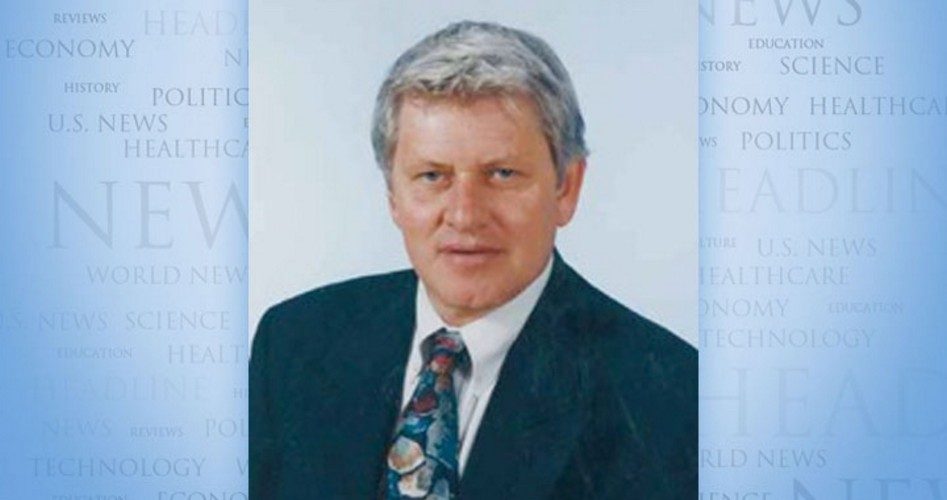
Perhaps not to Millennials, but the economic performance is undeniable. What works best in delivering the goods is capitalism.
What’s unsurpassed in improving the human condition for the greatest number of people, both economically and politically, concurrently in terms of material well-being and individual liberty, is limited government and free enterprise.
Nobel Prize-winning economist Milton Friedman, former president of the American Economic Association and author of arguably the most important economics book of the 1960s, Capitalism and Freedom, explained how civilizations have climbed from widespread destitution to material comfort:
The world runs on individuals pursuing their separate interests. The great achievements of civilization have not come from government bureaus. Einstein didn’t construct his theory under order from a bureaucrat. Henry Ford didn’t revolutionize the automobile industry that way. In the only cases in which the masses have escaped from the kind of grinding poverty you’re talking about, the only cases in recorded history, are where they have had capitalism and largely free trade. If you want to know where the masses are worse off, worst off, it’s exactly in the kinds of societies that depart from that. So that the record of history is absolutely crystal clear, that there is no alternative way so far discovered of improving the lot of the ordinary people that can hold a candle to the productive activities that are unleashed by the free-enterprise system.
Even with the obviously superior performance of the free-enterprise system, there are those who pigheadedly refuse to see the evidence. They seem incurious about why the steady flow of escapees on rafts in the waters between Cuba and Florida over the past five decades were nearly all paddling northward, or, similarly, why almost all of those risking their lives by scaling the Berlin Wall were trying to escape to capitalism.
Friedman offered a succinct assessment of those who put on blindfolds to keep from seeing the superior performance of individualism, free enterprise, and markets compared to government-dominated systems of centralized controls: “Underlying most arguments against the free market is a lack of belief in freedom itself.”
Here, for instance, is Elizabeth Warren (D-Mass.) on the campaign trail in August 2012 wrapping the old and tattered flag of collectivism around free enterprise, individualism, investing, risk-taking, entrepreneurship and capitalism: “There is nobody in this country who got rich on his own. Nobody. You built a factory out there? Good for you. But I want to be clear: You moved your goods to market on the roads the rest of us paid for. You hired workers the rest of us paid to educate. You were safe in your factory because of police forces and fire forces that the rest of us paid for. You didn’t have to worry that marauding bands would come and seize everything at your factory, and hire someone to protect against this, because of the work the rest of us did. Now look, you built a factory and it turned into something terrific, or a great idea? God bless! Keep a big hunk of it.”
And how big a hunk? The ever-expanding marauding bands from the federal government enforced a top federal marginal tax rate of 92 percent on income in the U.S. in 1952.
One thing Elizabeth Warren fails to mention during her rich-bashing campaign speeches in which she accuses factory owners of being major freeloaders by getting free cops that “the rest of us paid for,” gratis roads, complimentary firefighters, and on-the-backs-of-taxpayers training for their workers is that the top 20 percent of households in terms of income, for instance, paid a 94.6 percent and 94.1 percent share of all the federal income taxes collected, respectively, in 2008 and 2009.
Economist Thomas Sowell, widely published columnist and a senior fellow at the Hoover Institution, Stanford University, offered cautionary advice related to the economic policymaking of politicians: “Much of the social history of the Western world over the past three decades has been a history of replacing what worked with what sounded good.”
Ralph R. Reiland is an associate professor of economics and the B. Kenneth Simon professor of free enterprise at Robert Morris University in Pittsburgh.

